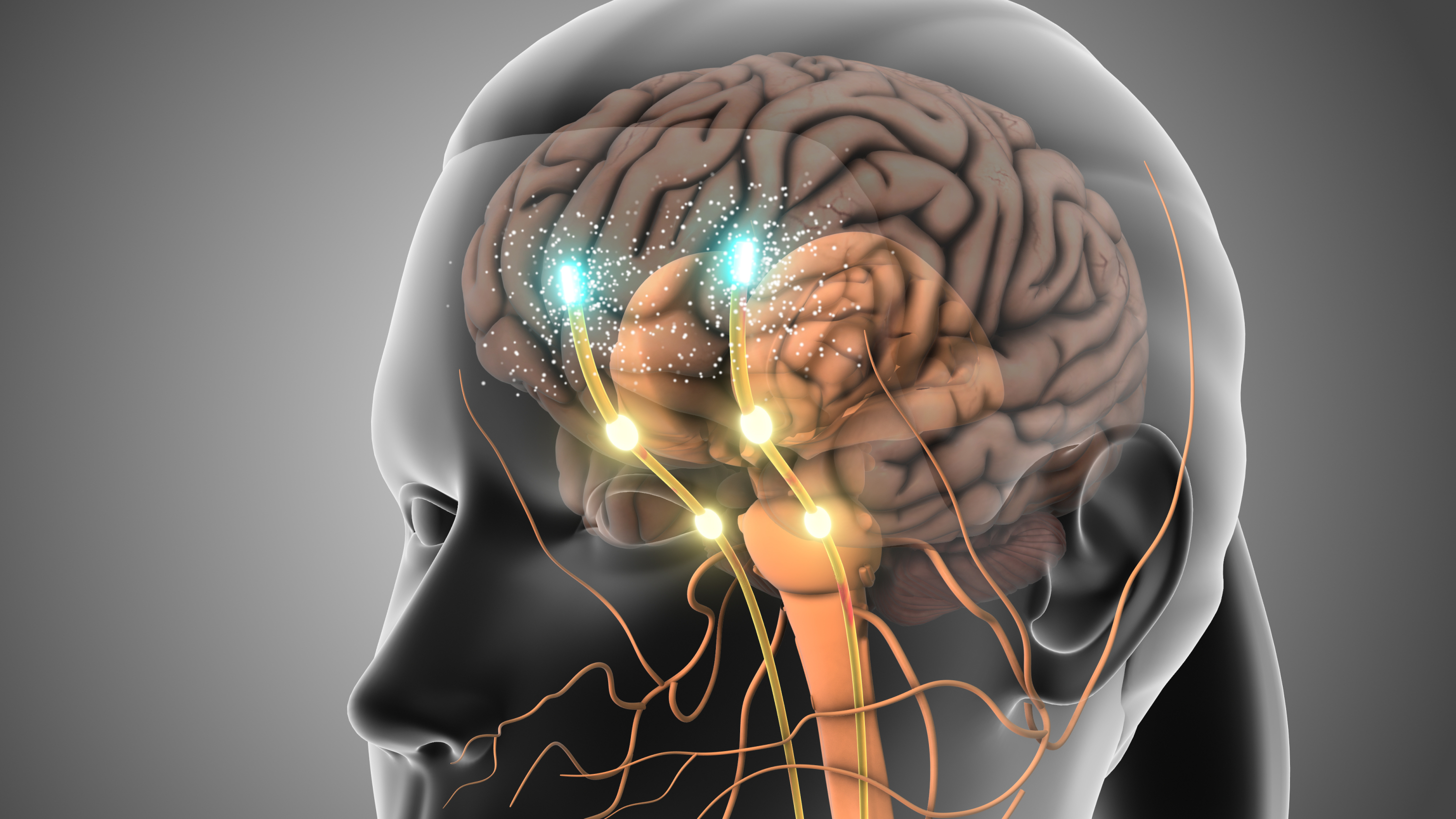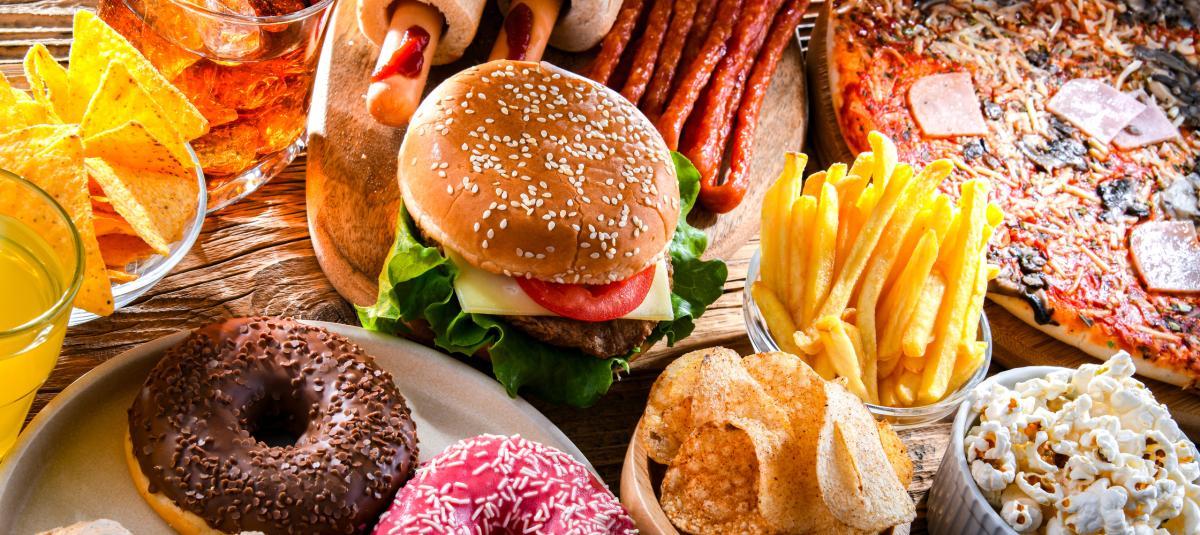Which sweeteners affect the brain? Learn about the types that science links to premature brain aging.

Recent research has revealed that some artificial sweeteners, found in many ultra-processed foods, may be linked to faster brain decline.
Ultra-processed foods (UPF) are industrial formulations made with oils, sugars, starches, and additives such as colorings, emulsifiers, and sweeteners. This group includes sugary beverages, ready-to-heat frozen meals, and packaged snacks.
A study involving 10,000 people over an eight-year period revealed that those who ate these products in excess experienced faster brain aging; memory loss and concentration deteriorated 25% to 28% more than those who consumed them infrequently.

Ultra-processed foods contain additives that affect memory and concentration. Photo: Getty Images/iStockphoto
Researchers indicate that cerebrovascular conditions and inflammation in the body are the main causes of these negative effects.
Among artificial sweeteners, aspartame, acesulfame-K, erythritol, xylitol, sorbitol, tagatose and saccharin have been among the most questioned.
A case study found a significant relationship between its consumption and an increased risk of disease . Although the evidence is still limited, the finding reinforces the need for caution when consuming it.

Saccharin has been linked to an increased risk of Alzheimer's in recent research. Photo: iStock
Furthermore, scientific literature has linked the consumption of sweeteners with other neurological and emotional problems such as:
- Depression: They noted that people who regularly consumed these products had a higher risk of developing depressive symptoms or worsening existing ones.
- Headaches: Follow-up studies have found a relationship between sweeteners and headaches, although the results have not always been consistent.
- Alzheimer's disease : While the study found that saccharin consumption was significantly associated with the risk of Alzheimer's disease.

Experts recommend cutting back on soda, cookies, and snacks to protect cognitive health. Photo: iStock
The WHO emphasizes that maintaining a balanced diet, avoiding tobacco and excessive alcohol consumption, and managing conditions such as hypertension and diabetes are key strategies for protecting brain health.
In this context, reducing the intake of ultra-processed foods and opting for more natural diets, while prioritizing rest, could be one of the most effective tools for protecting the brain and executive function in all populations.
Daniel Alejandro Bonilla Martínez
LATEST NEWS EDITORIAL
eltiempo





